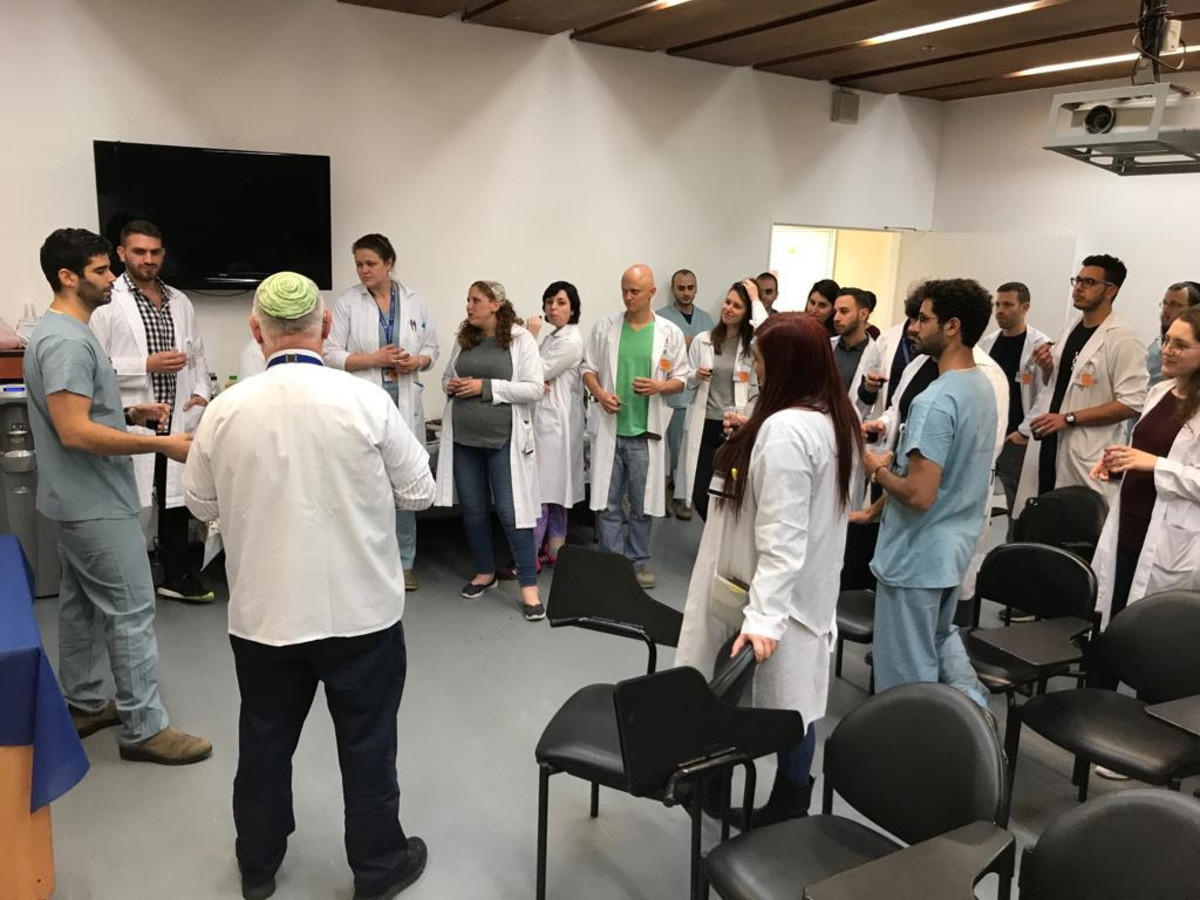UNC Rex Hospital in Raleigh is launching a new program to support women who have recently given birth in managing their health. The focus of this program is on improving maternal health outcomes, especially for those patients who may be at a higher risk for complications. As part of this initiative, every woman who delivers a child at Rex Women’s Center will receive a blue bracelet with the words ‘I Gave Birth’. The purpose of these bracelets is to serve as a reminder for mothers to be vigilant about their health and to recognize any warning signs of common postpartum health conditions. In the event of an emergency outside of the hospital, the bracelet can also alert EMS that a woman has recently given birth.
By distributing these bracelets and providing ongoing education, UNC Rex aims to empower women who have recently given birth to take an active role in safeguarding their health and well-being. Lorie Rhine, Chief Nursing Officer at UNC Rex, emphasized the hospital’s commitment to enhancing maternal health and the broader impact this initiative could have on the community. Post-birth health complications such as high fever, chest pain, headaches, bleeding, and depression are common signs that new mothers should be aware of. It is recommended that mothers wear the bracelet for 10 weeks following childbirth to help facilitate early detection of any health issues.
UNC Rex Hospital’s new program aims to contribute to improved maternal health outcomes by providing women with the tools they need to take charge of their own health and well-being after giving birth. By wearing these blue bracelets and receiving ongoing education about postpartum health conditions, mothers can better understand how to recognize warning signs and seek medical attention when necessary. This proactive approach can ultimately lead to better health outcomes for both mothers and their babies, and support the overall safety and well-being of new families in the community.


